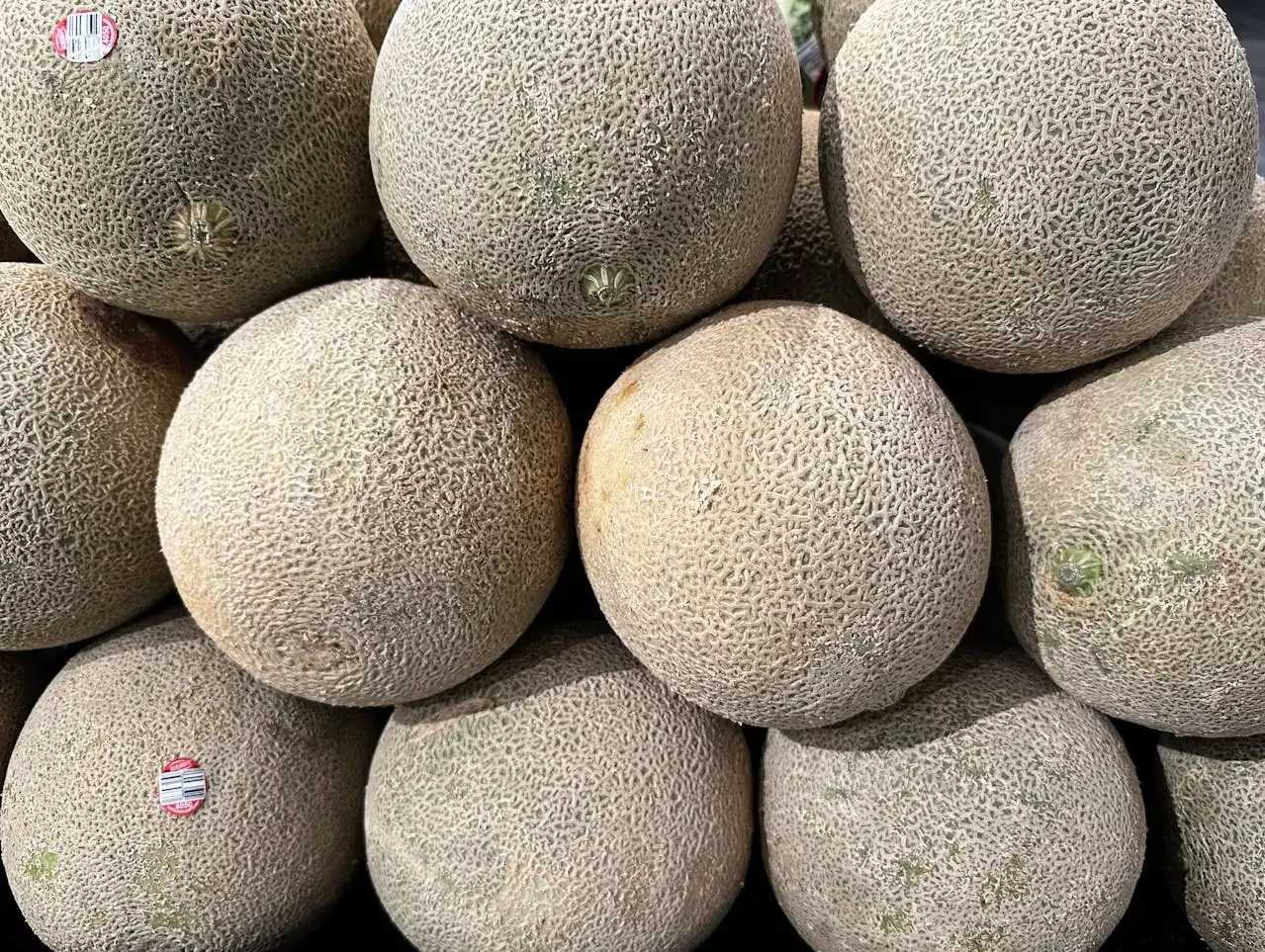
Professional Nutritionist
Introduction
Supplements to help lower cortisol offer a natural approach to managing stress. In our fast-paced lives, elevated cortisol levels can lead to various health issues, from anxiety to sleep disturbances. These supplements, derived from herbs like ashwagandha and rhodiola, act as adaptogens, regulating cortisol production and promoting a balanced stress response. Additionally, omega-3 fatty acids and phosphatidylserine contribute to cortisol reduction, fostering a sense of calm and overall well-being. Incorporating these scientifically-backed supplements into your routine provides a holistic strategy for combating stress and maintaining optimal health.
Top 10 Supplements to help lower cortisol
Ashwagandha: Nature’s Stress Buster
Ashwagandha, an herb rooted in traditional Ayurvedic medicine, has gained significant attention for its adaptogenic properties. Adaptogens are substances that help the body adapt to stress and maintain physiological balance. Ashwagandha contains active compounds known as withanolides, which are believed to play a role in regulating cortisol production. By influencing the body’s stress response, ashwagandha may help promote balanced cortisol levels, reducing feelings of anxiety and tension.
Also Read : Gut Health Supplements
Rhodiola Rosea: The Resilience Enhancer
Another adaptogenic herb making waves in the field of stress management is Rhodiola Rosea. Native to regions with harsh climates, Rhodiola Rosea has been traditionally used to combat stress and enhance resilience. Scientific research suggests that Rhodiola Rosea may influence stress-related pathways and help lower cortisol levels. This makes it a potential ally in managing stress-induced health concerns while contributing to overall mood improvement.
Magnesium: The Relaxation Mineral
Magnesium, an essential mineral abundant in foods like leafy greens, nuts, and whole grains, is a critical player in various bodily functions, including muscle and nerve regulation. Recent studies have also shed light on its role in cortisol regulation. Magnesium supplementation has been linked to lower cortisol levels, particularly in individuals with magnesium deficiency. This mineral’s ability to promote relaxation and stress reduction makes it an appealing option for those seeking natural cortisol management strategies.
Omega-3 Fatty Acids: Nurturing Wellness
Omega-3 fatty acids, often associated with heart health, have also shown potential in modulating the body’s stress response. Found in fatty fish like salmon, as well as fish oil supplements, these fatty acids possess anti-inflammatory properties that may impact cortisol levels. Incorporating omega-3-rich foods or supplements into your diet could offer a holistic approach to managing cortisol, benefiting both your cardiovascular and stress-related well-being.
L-Theanine: Navigating Tranquility
L-Theanine, an amino acid naturally occurring in tea leaves, is known for its calming effects on the nervous system. Unlike sedatives, L-Theanine promotes relaxation without inducing drowsiness. It achieves this by modulating neurotransmitter activity, including those associated with stress and anxiety. By incorporating L-Theanine into your routine, you may be able to lower cortisol levels, reduce stress, and experience a greater sense of tranquility.
Vitamin D: The Sunshine Hormone’s Role
Often referred to as the “sunshine vitamin,” vitamin D plays a crucial role in maintaining overall health. Beyond its well-known importance for bone health, emerging research has explored its potential role in cortisol regulation. Some studies suggest that individuals with lower vitamin D levels may experience disrupted cortisol secretion. Ensuring adequate vitamin D levels through sunlight exposure and supplementation could contribute to a more balanced stress response and improved well-being.
Holy Basil (Tulsi): Ancient Herb for Modern Stress
Holy Basil, known as Tulsi in the Ayurvedic tradition, is considered an adaptogenic herb with potential stress-reducing properties. Its active compounds, including eugenol and ursolic acid, are thought to influence cortisol levels and support a more balanced stress response. Incorporating Holy Basil into your routine may help alleviate stress-related symptoms and promote overall well-being.
Phosphatidylserine: Aids for Cognitive Calmness
Phosphatidylserine, a phospholipid found in cell membranes, has gained attention for its potential cognitive benefits. Studies suggest that it may also play a role in lowering cortisol levels. By modulating stress pathways, phosphatidylserine could contribute to stress management while enhancing cognitive function. This dual benefit makes it an intriguing option for those seeking cognitive clarity and stress relief.
Ginkgo Biloba: Antioxidant Support for Stress
Ginkgo Biloba, derived from the leaves of the Ginkgo tree, is known for its antioxidant properties. Antioxidants help combat oxidative stress, which is linked to various health issues, including cortisol dysregulation. By providing antioxidant support, Ginkgo Biloba may indirectly contribute to cortisol management. Additionally, its potential to enhance cognitive function further positions it as a supplement worth considering for holistic stress reduction.
Valerian Root: Unwinding with Nature’s Sedative
Valerian root, a flowering plant native to Europe and Asia, has a long history of use as a natural remedy for anxiety and sleep disorders. It contains compounds such as valerenic acid that interact with neurotransmitters involved in relaxation. As a result, Valerian root may help lower cortisol levels by promoting relaxation and reducing stress-related challenges. If you’re seeking a nat
Also Read : Gut Health Supplements
Conclusion
In a world filled with various stressors, finding effective ways to manage cortisol levels is essential for maintaining overall well-being. The supplements discussed in this article provide a range of natural options for lowering cortisol, each with its unique mechanisms of action. While incorporating these supplements into your routine may offer valuable support, it’s important to approach supplementation mindfully and consult a healthcare professional before making any changes. However, remember that no single supplement can replace a healthy lifestyle, which includes a balanced diet, regular exercise, adequate sleep, and effective stress management techniques.
FAQs (Frequently Asked Questions)
Cortisol is a hormone produced in response to stress. While it’s essential for our fight-or-flight response, chronic elevation can lead to health issues like anxiety and weight gain.
It’s advisable to consult a healthcare professional before starting any new supplement regimen, especially if you have pre-existing health conditions or are on medications.
Supplements can be a valuable addition, but a holistic approach combining healthy lifestyle choices is key for long-term stress management.
Individual responses may vary, but consistent use over several weeks is generally recommended to assess the effectiveness of these supplements.
While most people tolerate these supplements well, some individuals may experience mild digestive upset or interactions with medications. Consulting a healthcare professional can help mitigate potential risks.






























